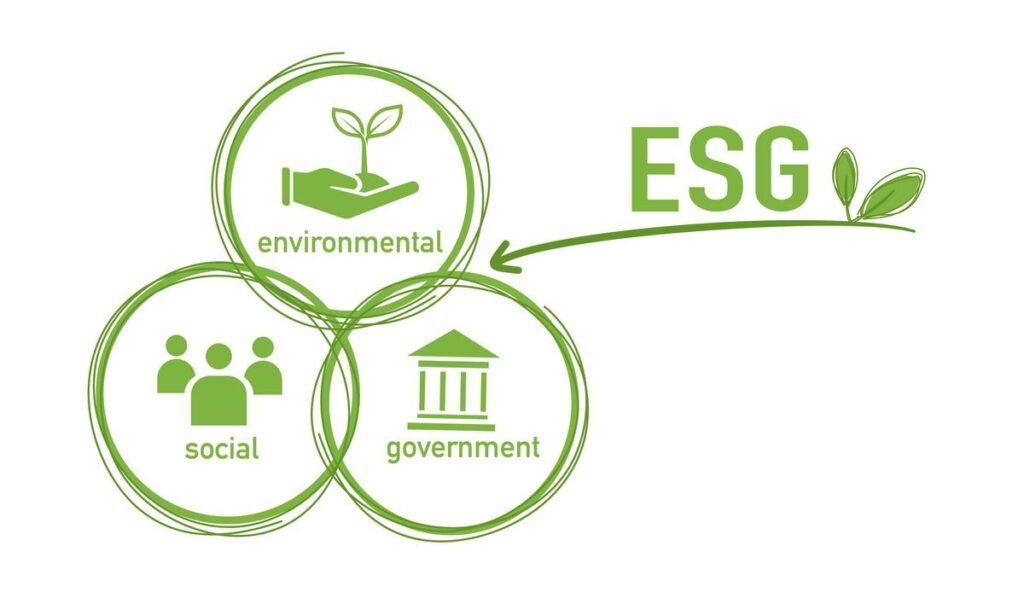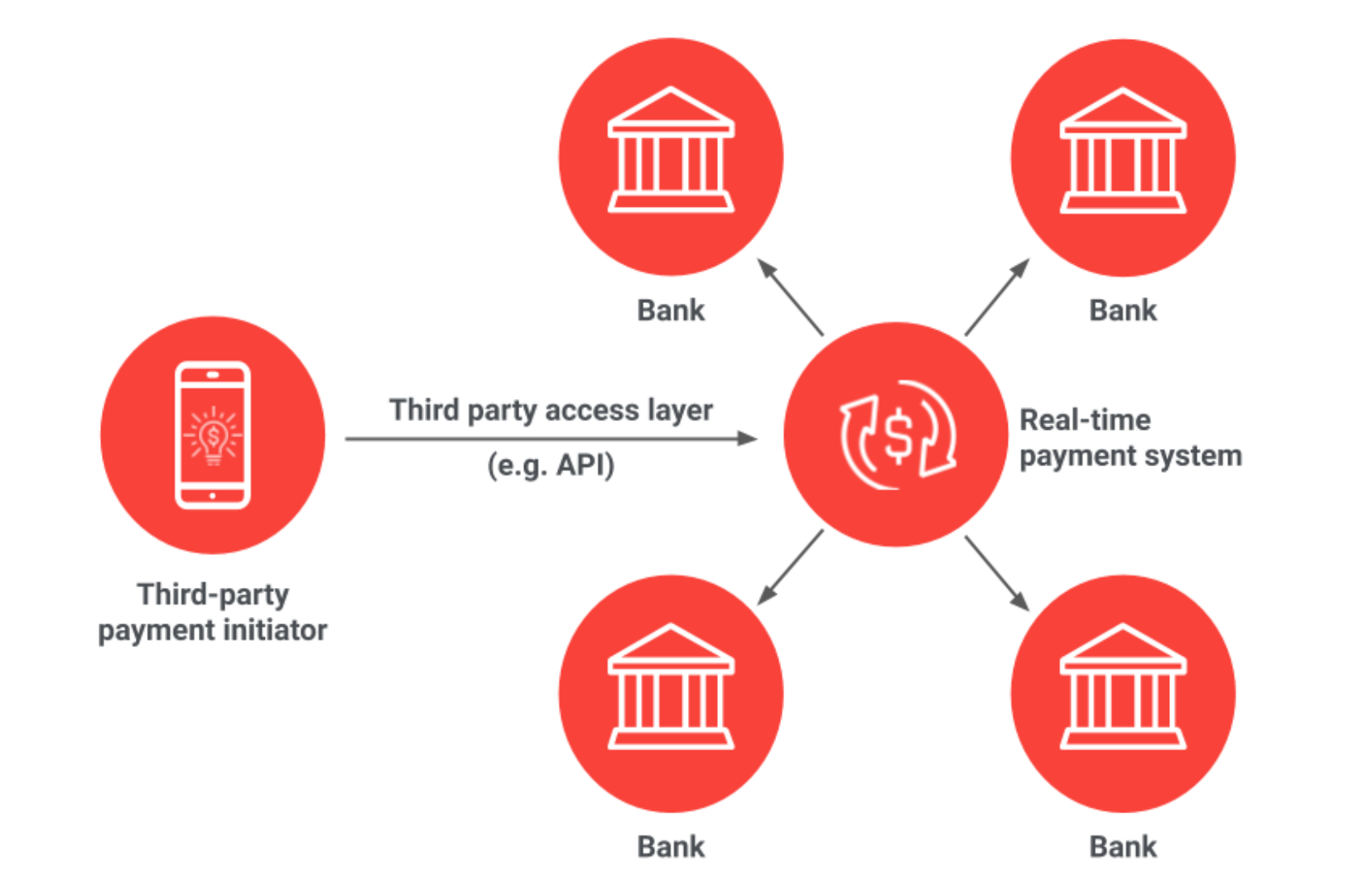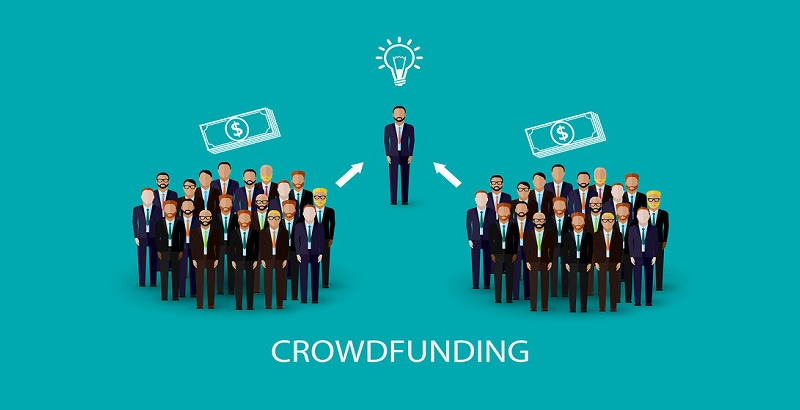How can finance be made more human? How do we shift the focus of profit to new horizons? The solution to this is neither easy nor immediate. For several years now, however, a number of initiatives and institutions have been taking this path. Putting sustainability, ethical equity and inclusion at the centre of their mission. This is how to make finance more humane. Thus following the interests of the environment and people’s well-being. Inclusive and transparent finance so that investors are involved, not only in the capital they bring in, but in what they invest in knowing what and why they will do so.
The tools needed
For the world of finance to change its attitude towards the way it has operated up to now, some fundamental tools are needed for this to happen.
At the forefront are ESG, which stands for Environmental, Social, Governance. These parameters are fundamental to understand how much an organisation or company has turned its attention and potential towards precisely environmental and social issues. The same goes for funds that invest in this type of sector.
This is in fact the financial sector that a company dedicates to renewable energy, social and environmental projects, energy efficiency, health and water management. SRIs go hand in hand, and here too there is an acronym: Sustainable and Responsible Investment. In this case, in addition to the investment objectives of ESG, money is avoided in sectors such as armaments and tobacco because they are recognised as harmful areas. In both cases, however, in addition to the intrinsic well-being of the result, both can have excellent returns.

Financial education
Another tool is financial education. It plays an essential role in each one’s awareness of what may be the tools needed to access investments or to direct one’s economic interests towards solutions that may be more convenient at the expense of those that are not, or to have the possibility of choosing in which sector of the economy to turn one’s attention.
At the same time, this makes it possible to avoid shady or even fraudulent situations. Alongside these elements comes technology, which is increasingly giving access to online banking services and all those platforms that allow the use, even remotely, of instruments that were previously only physically accessible.
This leads to greater inclusion of people who, for a variety of reasons, had access made difficult due to distance and the scarcity of locations dedicated to the public. In this sense, banks have also taken a very important step with Open Banking: . Quoting verbatim the definition taken from the Milan Polytechnic website:
Open Banking is the principle that banking and payment information and transactions should be freely available to customers without the constraints that existed in the past. By definition, it is a first limited application of the theory of Open Innovation (i.e. the use of ideas from inside and/or outside the company) to the banking and – by extension – financial and insurance sectors.
Therefore, i’ts about trying to eliminate inequalities as much as possible by giving access to all economic opportunities.

How to make finance more human: some practical examples
Triodos Bank: a bank active throughout Europe that places people, the planet and profit at the centre of its ideals. It is best known for the very scrupulous communication it has with its customers regarding the destination of investments. In fact, on its website you can see in quite some detail where the money is spent. The crux of Triodos’ governance is:
We believe that banks should be open, which is why we publish the details of every organisation we lend money to. We are proud to fund inspiring companies and charities and want to show you the impact your money is having. Together we are building a more sustainable society. See who we are funding near you and in the UK.
Banca Etica: this is a smaller but no less important reality, it has its offices in Spain and Italy. Here, too, its strength is transparency and consistency. It finances many non-profit organisations, cooperatives, basically related to environmental sustainability. At the same time, it cares about culture and society. A very important distinction is that it has acquired the new ISO 53800:2024 certification Gender Equality and Women’s Empowerment after having already achieved ISO 30415:2021 Diversity & Inclusion, both standards guaranteeing gender equality and inclusion.
Ethical crowdfunding: here the discourse changes completely. It is no longer about banking groups but about individuals. One of the best known platforms is GoFoundMe. Here you can select the causes you are most interested in and make a donation. There are many categories and areas. Then there is Kiva, which provides a micro-credit service financed from all over the world for particularly needy situations such as small businesses in underdeveloped areas.

Finally, a set of other instruments that can make finance more humane should be mentioned. For example, ethical insurances, which invest their profits in environmental and social projects: to mention one, linked to the aforementioned Ethical Bank, one can speak of CAES (Consorzio Assicurativo Etico e Solidale), which offers ad hoc products precisely for all those non-profit associations, organisations and cooperatives that are based on principles of solidarity. Then there are the Cooperative Banks and Cooperative Credit, which basically focus on the local economy where customers can become members of the organisation itself. And finally B-Corp: companies that constantly balance investments from profits on environmental, social and cultural projects.
Can we make finance more human?
Certainly there is still a long way to go for finance to acquire more of the adjective human. There are still a number of countries that have not fully espoused this style of conceiving profit except as a sole purpose, leaving aside what may be the most suitable investments for the planet. The examples are out in the open: armaments, fossil fuels and more. Other aspects such as Greenwashing further pollute the system, creating real deceptions for the financial system itself and for the people who have believed in the untrue initiatives of the company they have trusted.
It goes without saying that people’s financial culture underpins everything: the more information one has, the more awareness of one’s actions will increase.





